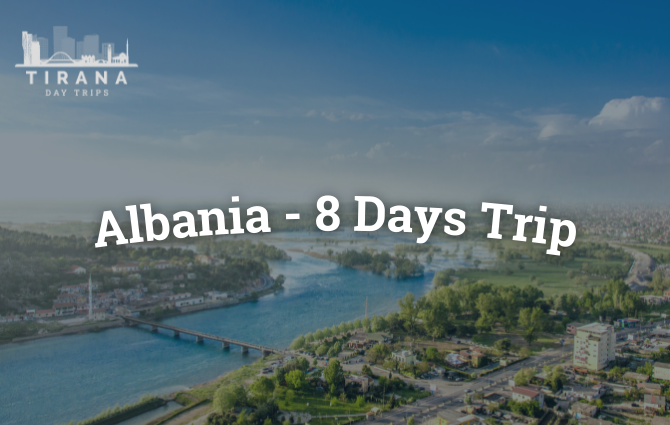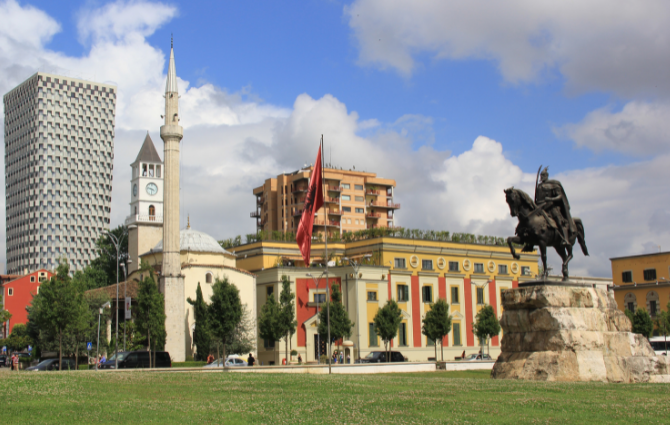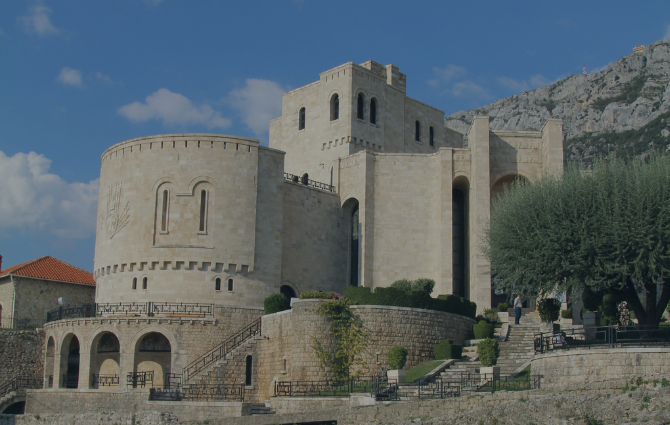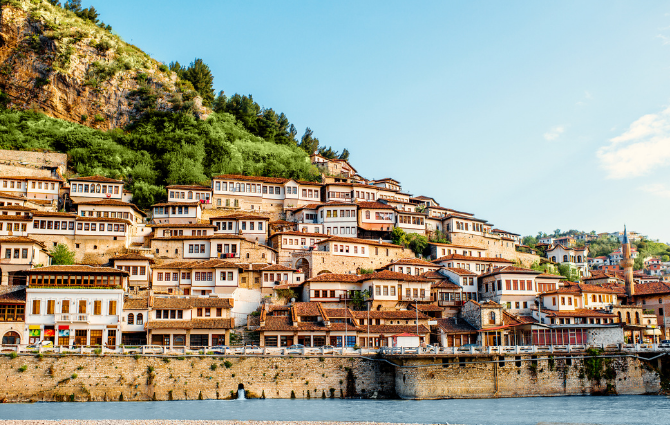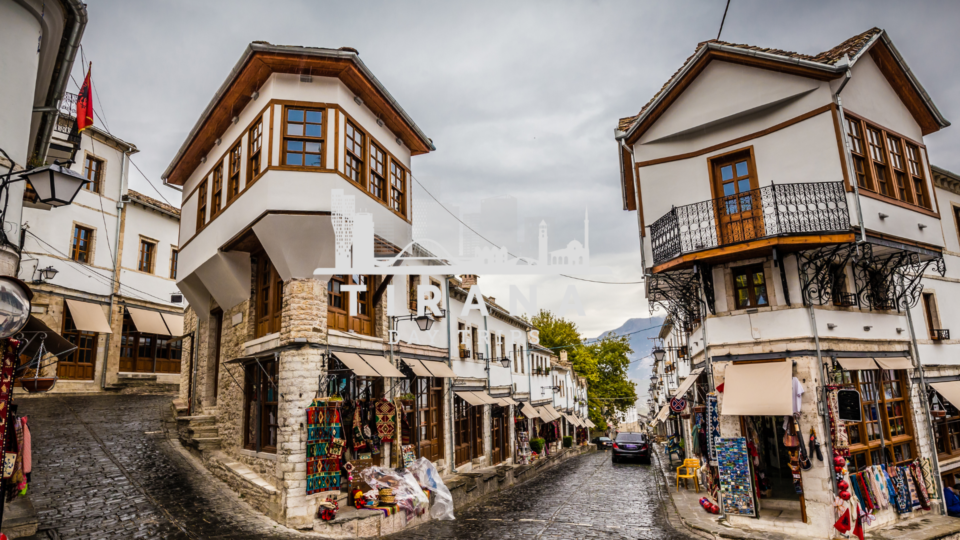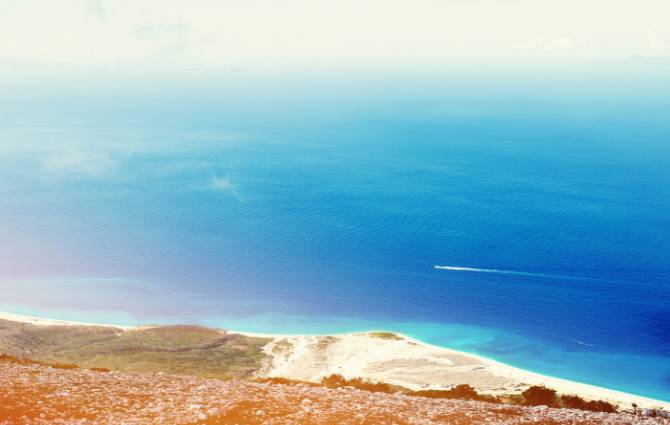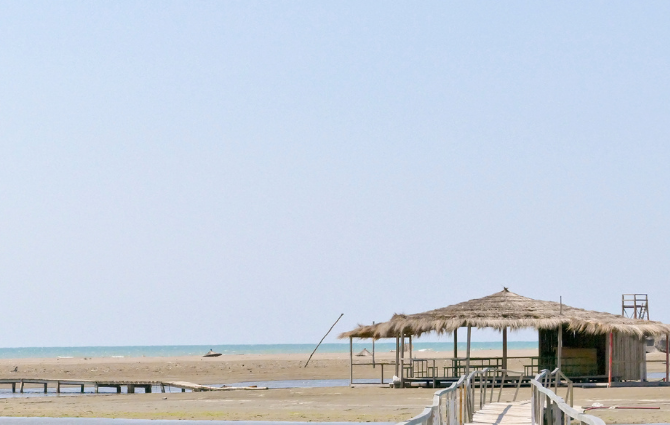After breakfast we drive to Shkodra the most important town of north Albania and one of the oldest in the country. It is thought to have been founded around 4th century B.C. and it was the centre of the Illyrian Tribe of Labeat. In the 3rd century B.C. it became the capital of the best known Illyrian Kingdom under Pleurat and Agron, who were two of the noteworthy kings who strengthened the Kingdom. Teuta, the Queen after the death of Agron fought and lost the Illyrio-Roman Wars during 221-219 B.C. succumbing to Roman rule, while her successor King Gent, re-ignited the anti-roman campaigns but finally was defeated at Shkodra in 168 B.C. We will visit the Rozafa Castle thought to have been rebuilt during Venetian rule in the 14th century over the previous foundations of the Illyrian castle, which served all the above mentioned Kings. Spectacular views all around can be enjoyed from the castle where you will feel the supremacy the Illyrians would have had over their enemies standing in such an imposing castle. We will also visit the Archaeological Museum situated in a traditional house of Ottoman architecture, where pavilions are small but very interesting and show the importance of this town back in time, which minted its own money. Afterwards we take a short walk in town through the nicely restored pedestrian area of Italian architectural influences and have lunch in a very characteristic restaurant. (optional) Afterwards depart for Kruja, the capital of Albania during the resistance against the Turks under Scanderbeg, who is our national hero and was a great leader that defeated the Turks in 25 battles. After visits of the Scanderbeg Museum and the Old Bazaar, we make our way just down below Kruja, to Zgërdhesh. Here is the ancient site of Albanopolis thought to have been the centre of the Illyrian tribe of Albani from which the country took its name hence becoming Albania. Only a 90 meter long fragment of the imposing wall survived, and can be seen at the lower part of the hill. There are also remains of three rectangular Illyrian watchtowers, which are thought to have been built in the 4C BC: after the visits return to Tirana for overnight.

